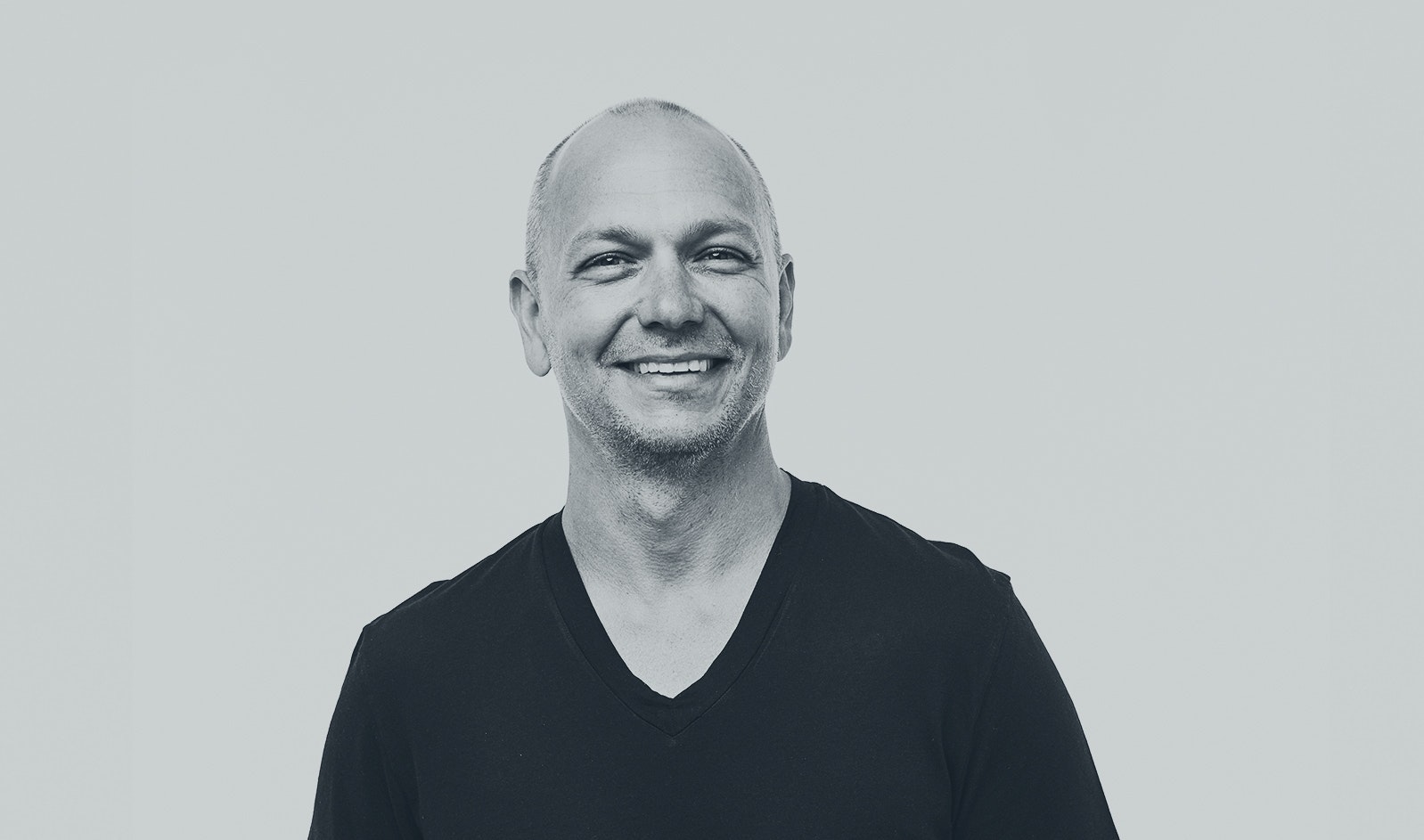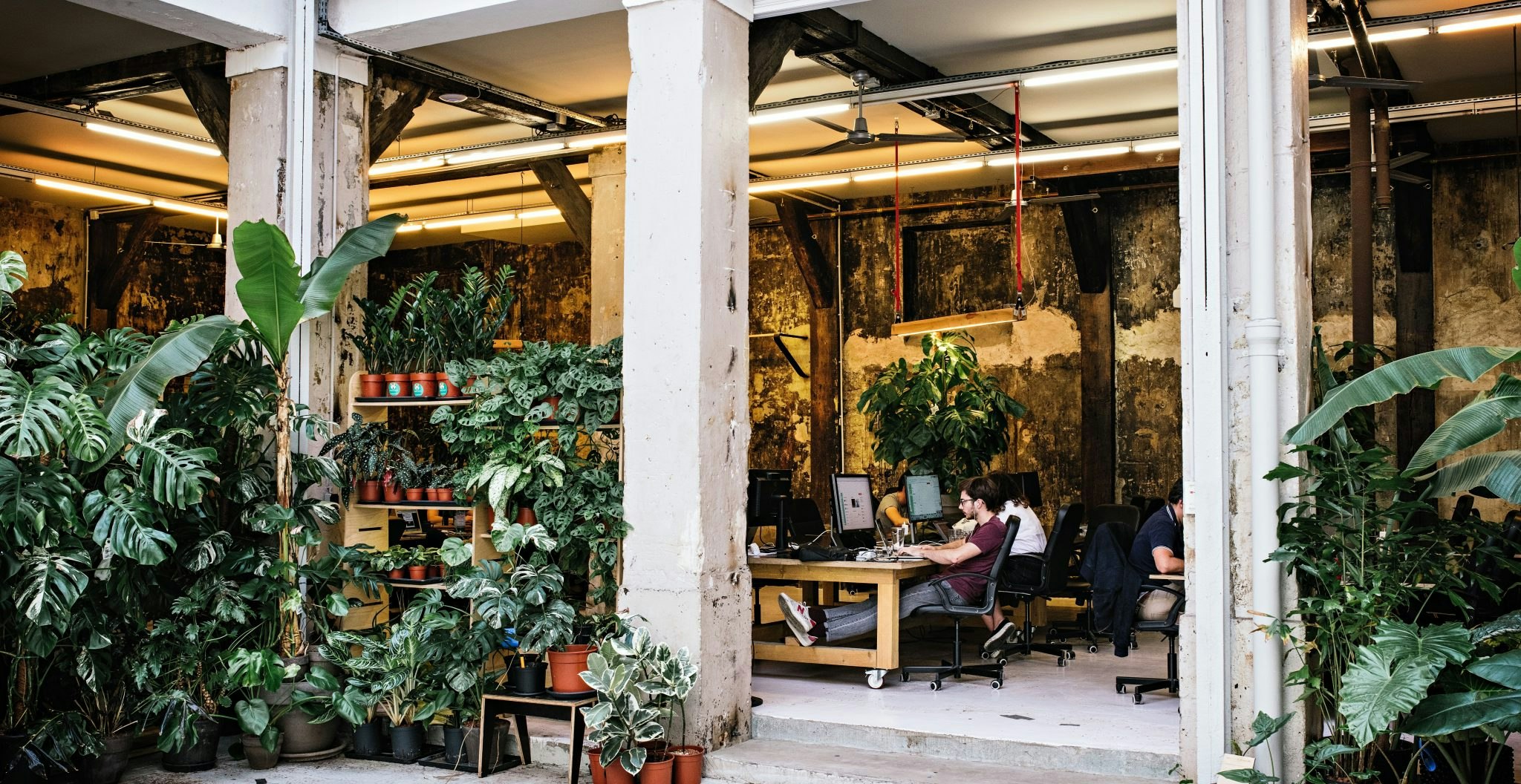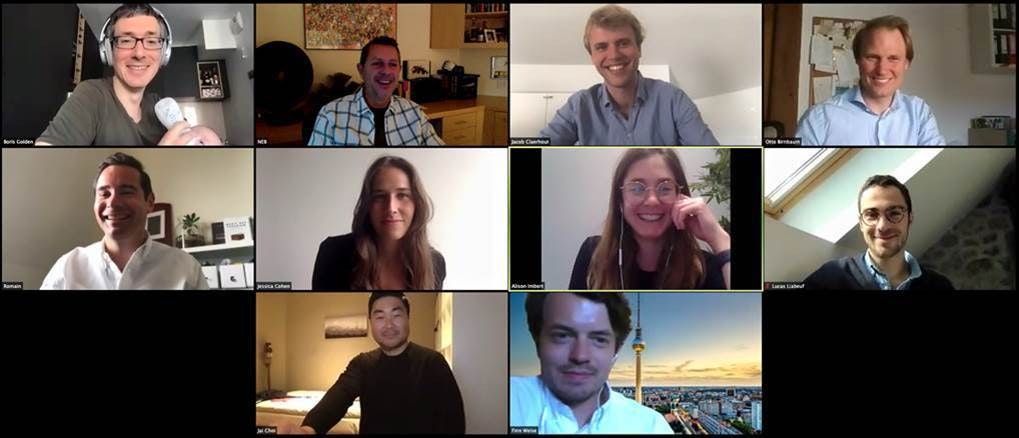With five unicorns under his belt, investor Pascal Cagni is back out hunting for startups. This time around, he’s looking for the winners of the post-Covid world.
“Although Covid-19 is going to bring about an economic slowdown, it is also going to be a breeding ground for innovation and change through disruptive tech,” Cagni told Sifted. “Habits and behaviours have changed drastically overnight, and there’s no going back.”
Cagni is known for having been Steve Jobs’ right arm in Europe, expanding Apple in the region between 2000 and 2012.
He started venture firm C4 Ventures after that, in 2014, with money from friends, family and his Apple stock options, as well as help from his former colleague Raphael Crouan.
The VC’s track record since then shows that out of C4 Ventures’ about 30 investments, five startups went on to be valued at more than $1bn. Those include Nest, founded by iPod inventor Tony Fadell, semiconductor-maker Graphcore and fraud detection software company Riskified.
€80m moneypot
With offices in London and Paris, and Cagni now based in the French capital after more than a decade in the UK, C4 Ventures is looking to back entrepreneurs who can turn the changes brought about by the coronavirus pandemic into gold.
The fund had raised €50m by May 11. It announced on Wednesday it aims to bring that to about €80m in total in the coming weeks, with money from family offices and entrepreneurs, adding to the cofounders’ own.
So what’s C4’s investment recipe for spotting the winners and losers of coronavirus?
“One thing we learned from our time at Apple is that, in a time of crisis, you should back market leaders, companies with defensible technologies and intellectual property, and invest in future tech paradigms,” Crouan says. “That’s the best way to spot the winners.”
The VC has already invested in seven startups through the fund it is currently raising. Those include electric bike-sharing platform Zoov, DriveNets, which makes software for customer service providers, and Trouva, which helps local shops go online.
Winners and losers
Here’s more details from Cagni’s post-Covid investment strategy.
- The “stay at home” winners. Even beyond lockdown, people are going to be staying at home more than they used to.
- That’s a big booster for productivity tools built for remote work.
- Cybersecurity is also a hot theme as people do more online — work, but also shopping.
- Gaming, entertainment and edtech are all benefiting.
- “Never again” startups. Why weren’t we able, collectively, to deal with the coronavirus crisis? That question is going to fuel innovation aimed at making sure the consequences from the Covid-19 don’t repeat themselves in the future.
- That will support the increased use of artificial intelligence for improved data analysis, as well health and medtech solutions.
- Exploiting health data will also raise questions of privacy, and companies who can help cope will get attention.
- How companies and governments organise their supply chains will be revamped entirely. That impacted the availability of everything from masks to hospital material during coronavirus, and now means people will think about near-shoring and re-shoring, rather than a fully global supply model.
- The “make the world great again” opportunities. The tech for good opportunity for startups is intact.
- That includes environmental issues and cleaner models. Companies will need to report on their carbon footprint as well as show what they’re doing to keep it under control. There’s a market for innovation that can address that need.
- Consumers are more concerned now about their wellbeing. That includes heightened opportunities for food and agriculture technology.
- There’s room for more transparency and simplifying offerings in fintech and insurtech.
- The short-term losers. Some sectors are feeling the crisis after-effects more than others, and it makes sense to disinvest them.
- That includes pretty much all businesses built around people travelling and meeting physically — tourism, hospitality and live events.
- There’s also an indirect impact weighting on freight, construction, retail and luxury.


